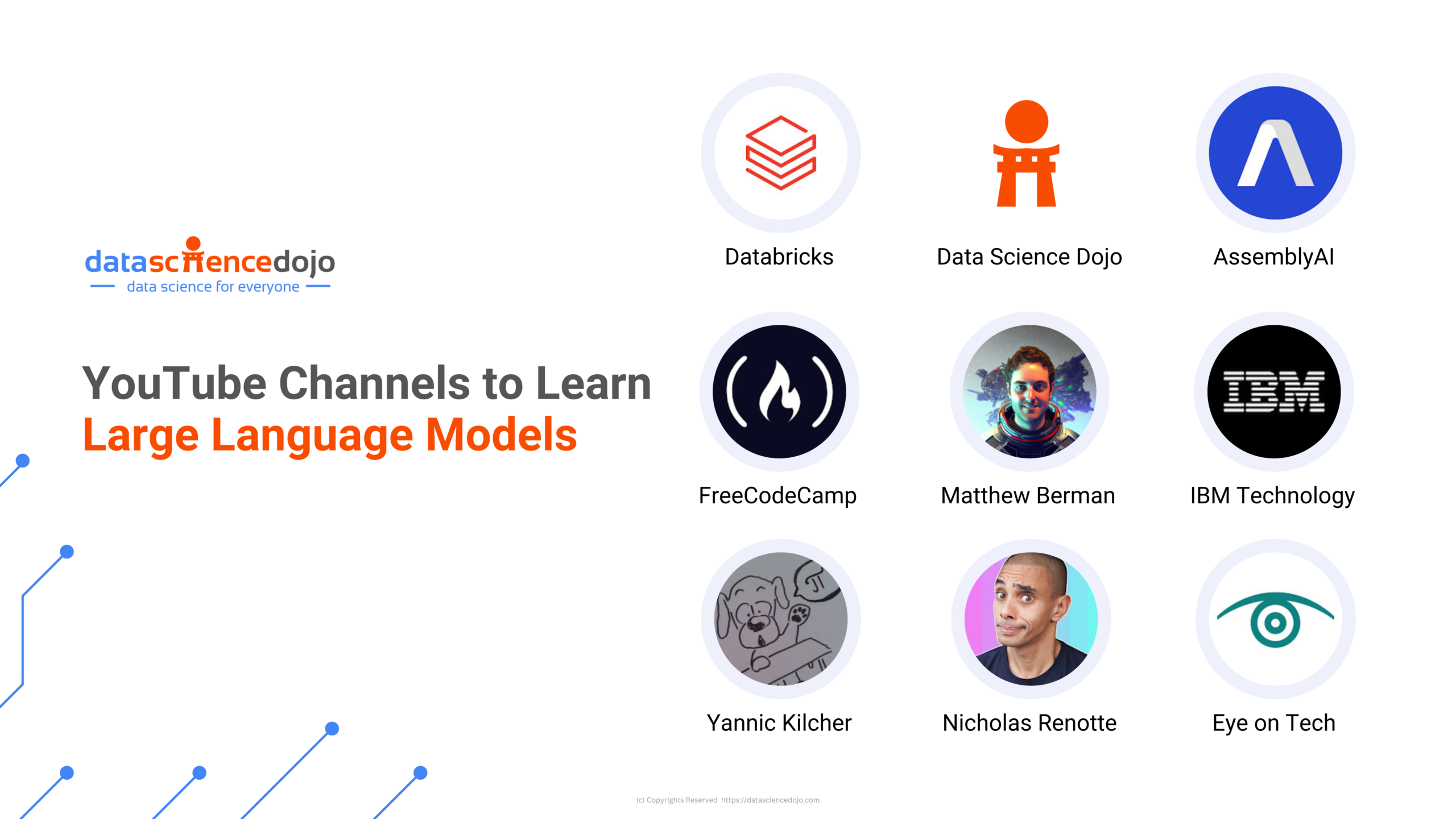Welcome to Data Science Dojo’s weekly AI newsletter, “The Data-Driven Dispatch“. In this newsletter, we will decode SearchGPT, OpenAI’s AI search engine.
Google has been, for most of us, a major way to look up information.
Considering a rival for something so integral to everyone’s daily lives might seem far-fetched.
But, looking at the history of OpenAI, we can expect the unexpected! First with ChatGPT, and now with SearchGPT, they’re breaking the norm, one by one.
It recently announced SearchGPT, an AI tool specifically for searching information on the web, except it’s better.
Instead of only asking questions, you can have entire conversations with the tool, and it will provide you with credible answers from the web while citing the sources used simultaneously.
Dive into this week’s dispatch and understand what SearchGPT has in store for you and the underlying tech that empowers it. Let’s dig in!

What is SearchGPT?
It is a search engine powered by AI that directly answers questions and allows for conversational interactions. Instead of just showing a list of links like traditional search engines, SearchGPT gives accurate and relevant answers using licensed content and up-to-date web data.
It aims to be friendly for both readers and publishers.
Explore more: Exploring SearchGPT: The Future of AI Search Engines

How Does It Work?
SearchGPT operates by utilizing a large language model to sift through search results collected by a web crawler.
When a user inputs a query, such as “best wireless noise-canceling headphones in 2024,” it will summarize the top contenders, highlighting their strengths and weaknesses based on expert reviews and user feedback, rather than merely providing links to articles.
Hereby, it relies on semantic search, rather than keyword search where the model instead of using keyword matching, goes on to understand the intent behind your query, and its context, even if the query is not phrased perfectly. It’s like conversing with an expert!
By integrating real-time data and providing clear citations with direct links, the tool ensures that users receive up-to-date and accurate information.
If you’re curious, you can explore more about how AI-powered search works by leveraging embeddings.
How are Major Players Adapting to AI-Powered Search
Google: Google is adding AI-generated results and summaries to improve its search engine and stay competitive. It uses its massive web index and related services but struggles with keeping outputs as relevant as SearchGPT’s because it relies on keyword matching.
Bing: Bing enhances its search features with AI from OpenAI, integrated with Microsoft products. However, it faces challenges with how users perceive it and relies heavily on OpenAI, which could limit its own AI development.
Perplexity: Perplexity is an AI-powered tool designed to give direct answers and support academic research. While it works like SearchGPT, it has faced criticism for accessing paid content without permission and using AI summaries without proper credit, hurting its trustworthiness.
How Will AI Search Engines Impact Us As a Society?
AI search engines like Perplexity and Search-GPT are set to profoundly influence society by revolutionizing the way information is accessed and utilized.
For journalists and researchers, these tools enable faster, more accurate data retrieval, enhancing the quality and efficiency of their work. Content creators benefit from AI’s ability to generate and refine ideas, leading to more creative and polished outputs.
However, the direct-answer capabilities of AI search engines pose challenges for traditional publishers, potentially reducing web traffic and necessitating new revenue strategies. These advancements also raise important ethical concerns about bias and misinformation, prompting a need for greater transparency and responsible AI use.
If you want to learn how to build AI applications like SearchGPT, join our LLM Bootcamp now!
Understand the Inner-Workings of Semantic Search
Curious about how a model can understand the intent of your query?
Here’s a great session by Daniel Svonava, Co-Founder of Superlinked, where he explains exactly how semantic search works, and the huge doors to innovation it opens other than of course AI-powered search engines.
To connect with LLM and Data Science Professionals, join our discord server now!
AI-based Anime You Shouldn’t Miss
From AI apocalypse to a Utopian AI world, if you’re fascinated to watch artificial intelligence thrillers, we’re here to save the day.
Here are 6 must-watch AI anime, that you shouldn’t miss!
Learn Various Applications of Large Language Models
Has SearchGPT intrigued your curiosity for the massive potential and use cases of AI?
If yes, then it’s time to dive deeper! Here are the best channels on YouTube where you can learn more about AI and Large language models. Thank us later!
Finally, time to catch up with the latest news in the AI world.
- Hacking internal AI chatbots with ASCII art is a security team’s worst nightmare. Read more
- Google’s hiring of Character.AI’s founders is the latest sign that part of the AI startup world is starting to implode. Read more
- Fans at the Olympics are trying out a new AI-powered talent spotting system that hopes to find the gold medallists of the future. Read more
- Nvidia reportedly delays its next AI chip due to a design flaw. Read more






